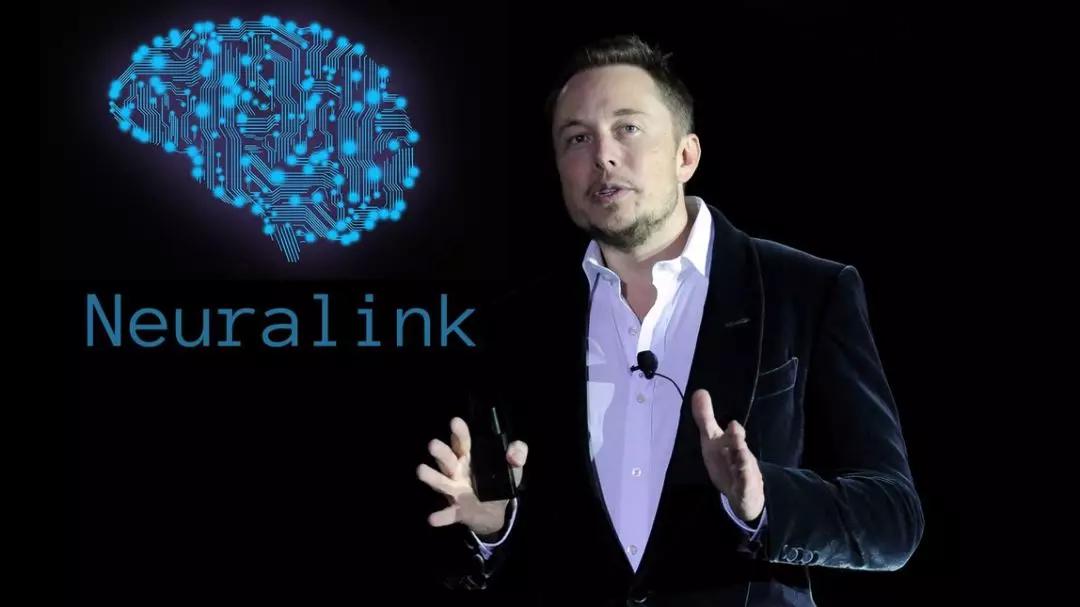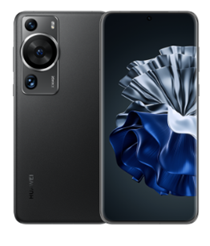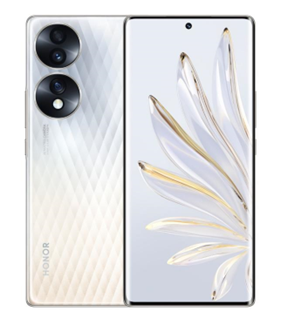Elon Musk's Neuralink has begun recruiting for a clinical trial director, bringing it one step closer to developing technology that could connect the human mind directly to devices.
Neuralink's goal is to build something called a "brain computer interface" that allows people to transmit and receive information between their brain and a computer wirelessly, according to Neuralink's website.
For instance, a paralyzed person with a Neurlink chip implanted in their brain could control a mouse and keyboard without moving their limbs. Information could also be transmitted the other way and allow the person's brain to simulate the sense of touch.
How is this accomplished? Neurons in the brain generate electric signals, and electrodes placed nearby neurons can capture and record those signals. While the technology is much more complex, in a simple sense, replaying these signals can simulate the actual sensation of different experiences, such as holding an apple or kissing another person.
Hiring a clinical trial director will bring Neuralink one step closer to its vision. The job description includes: "As the Clinical Trial Director, you’ll work closely with some of the most innovative doctors and top engineers, as well as working with Neuralink’s first Clinical Trial participants!"
Neurlink's progress so far: New video from Elon Musk's Neuralink claims monkey is playing Pong with his mind

While Musk's company touts the benefits of the technology for helping people devastated by paralysis or paraplegia, others have expressed concerns about the potential darker nature of the technology.
Ever since the news, Black Mirror has been trending on Twitter.
Twitter users have drawn comparisons between an episode of Black Mirror ("The Entire History of You") that allowed characters to replay memories or sensations with chips in their brains, which ended up becoming a detriment to their mental health and personal privacy. Another episode, titled "Black Museum," involves a ruthless opportunist using neural devices to conduct questionable experiments on doctors and patients under the guise of advancing medical research.
However, the implementation of Musk's vision with Neuralink may still be far in the future.
In 2019, Musk had announced that the neurotechnology startup was poised to begin human clinical trials soon on brain implants. So far, as of April 2021, Neuralink has released a video of a monkey with a Neuralink device playing pong.
What the job posting of the clinical trial director means for the progress of Neuralink is still up in the air, but it could indicate that human trials are set to begin soon.
Michelle Shen is a Money & Tech Digital Reporter for USA TODAY. You can reach her @michelle_shen10 on Twitter.









